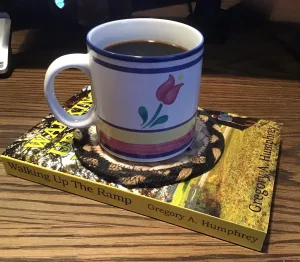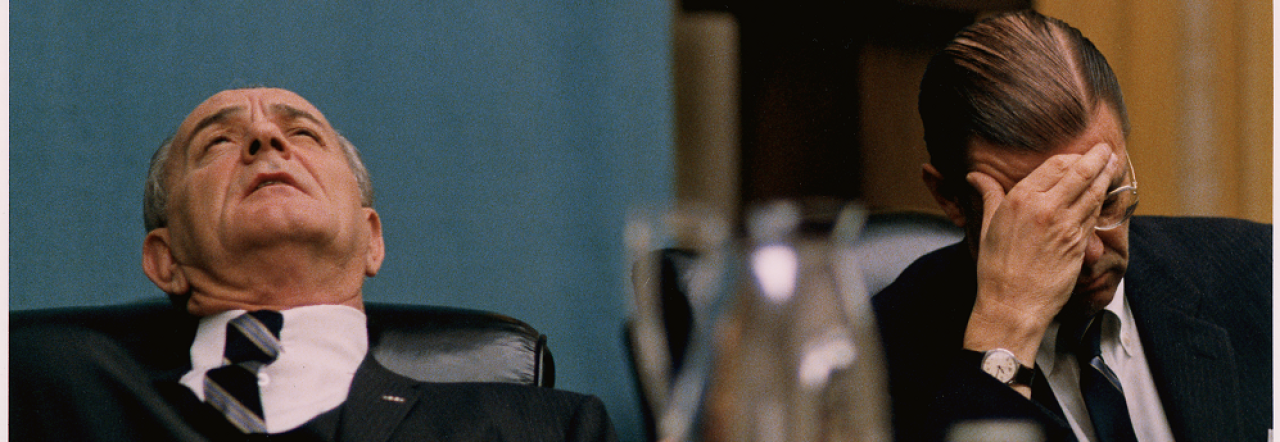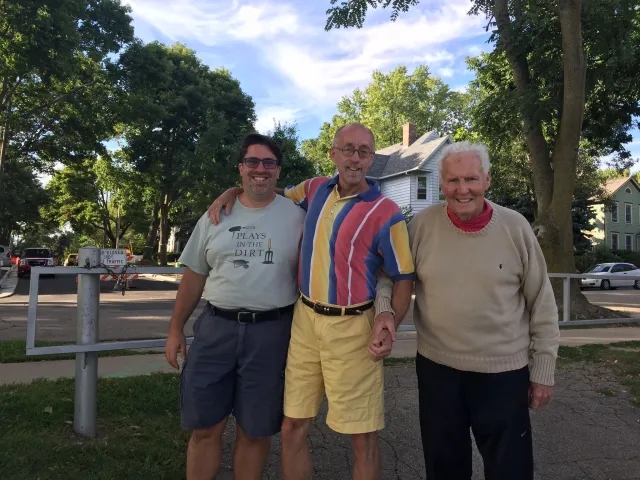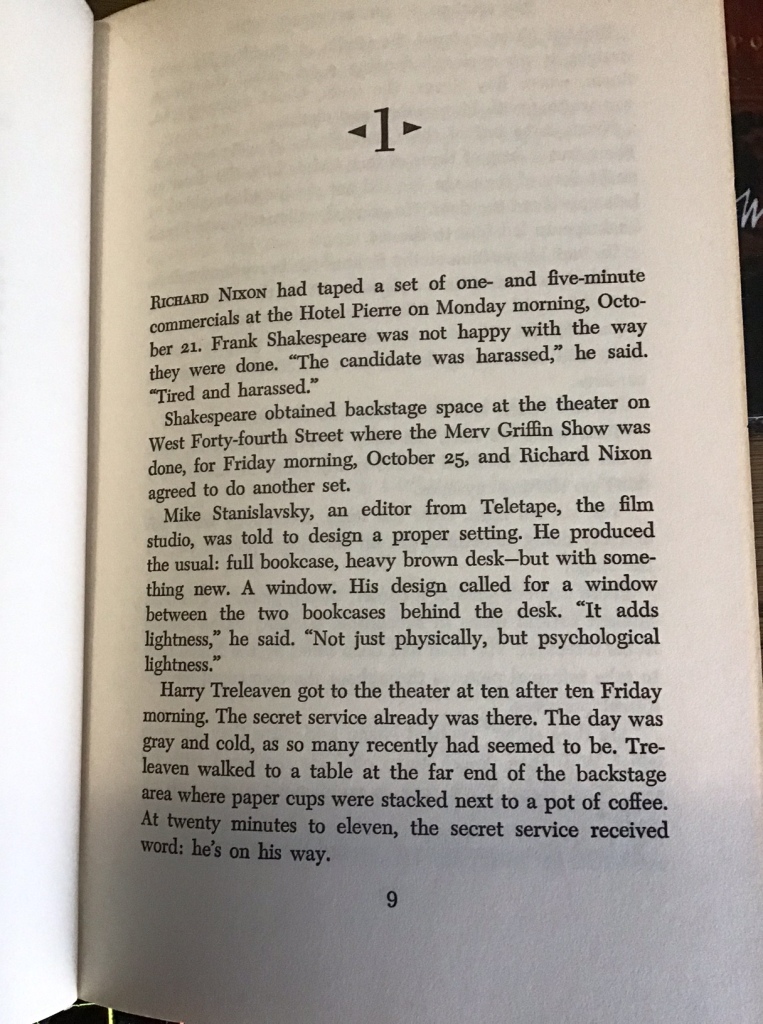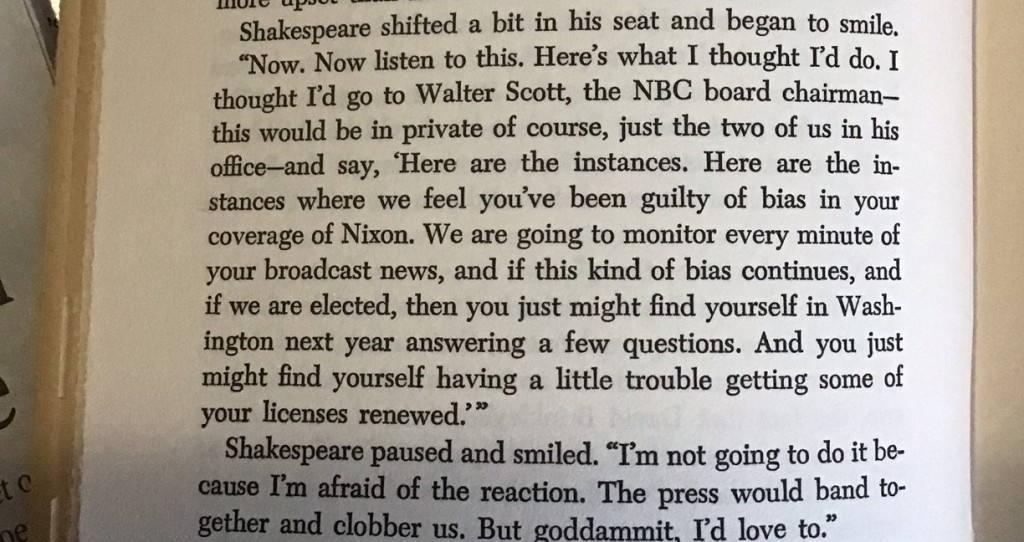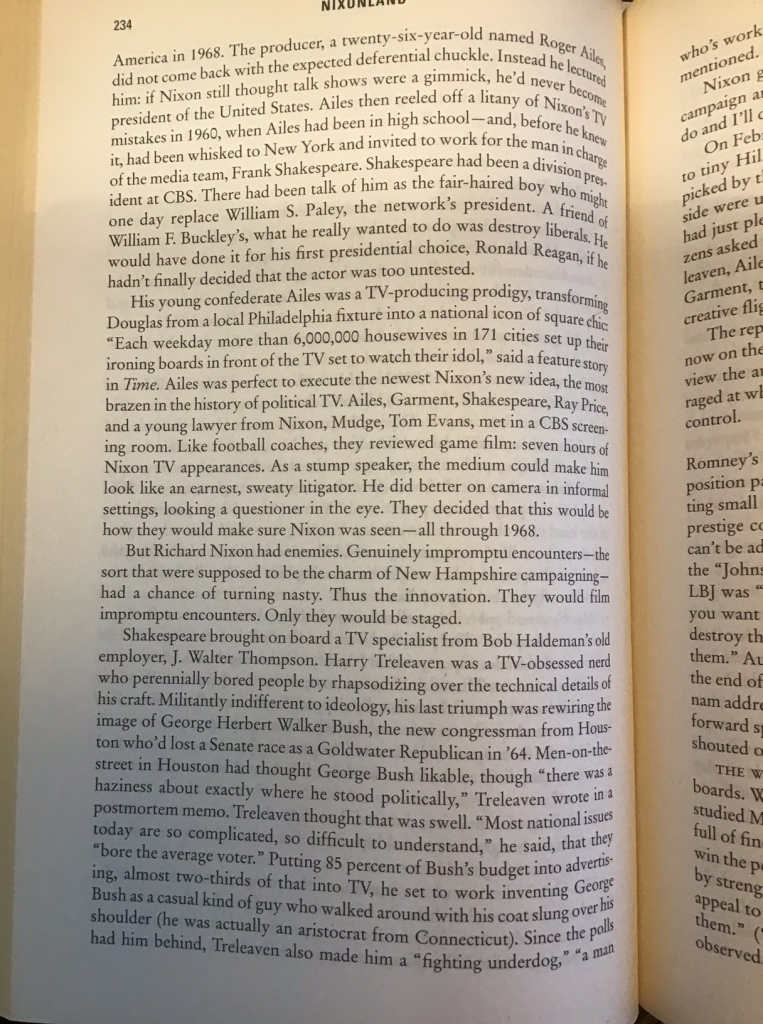Frank Shakespeare, a consequential man who lived a life at the intersection of business, media, politics, and diplomacy, died Tuesday at the age of 97. He had resided in Deerfield with his family for well over a decade.
If there was any single person in Dane County who merited an oral history recorded about his work and interactions with the likes of Edward R. Murrow to Pope John Paul II, it was Frank Shakespeare. Sadly, however, that never happened.
His resume ranges from being division presidents at RKO and CBS, ambassador to Portugal and the Holy See, and Chairman of the Board for International Broadcasting, an attempt to further the call for democracy during the Cold War.
Many years ago Shakespeare sat on our front lawn in the Adirondack chairs for just a friendly summertime visit. I can honestly say the quirk of circumstances that brought him into our lives is vastly far less interesting than the life he lived.
I will never forget Shakespeare describing, both with words and mimicking, the hand movements of the chain-smoking Murrow trying to balance an ashtray on the thin arms of a chair. When I asked about Walter Cronkite the response from Frank seemed to sum up the way he viewed most of the public names we easily recognize.
“They did not awe me, they put their pants on like any other man.”
When making an inquiry about Pat Nixon, Frank said, “I only knew of her”.
At one point I told him that anyone who knew Edward Murrow, Walter Cronkite, and Richard Nixon is always welcome at our home!
Sitting there that day talking with him I wished it was a decade earlier so that the sharp recollections of a man who had lived and seen so so much history could have been captured on tape.
Though he was an unassuming man, history almost begs us to better know his views and perspectives. The sharper edges he required to navigate corporate boards or be heard in a political campaign, or parry with others at the Vatican as the Cold War was at a pivotal point is part of why a deep-diving series of interviews should have been conducted. How did it all look for Shakespeare decades later in the rearview mirror?
I know who would have been an ideal interviewer, too. Me. After all, the intersections of his life are the ones that I have concentrated on with books and history for the past 40 years. Frank and I would have had a delightful dialogue. I just know it. He enjoyed my coffee-making skills, too. His request was for some sugar and cream in the cup. (I admit to taking odd contemporaneous notes.)
When he was on our Madison isthmus lawn it was not my first awareness of the man or the part he played in Richard Nixon’s 1968 campaign. After all, I am a Nixon history buff. I had Joe McGinniss’ book on my shelves, The Selling Of The President 1968, which starts out with the first paragraph featuring none other than Frank Shakespeare.
McGinniss at the time was a 26-year-old former Philadelphia Inquirer reporter who functioned as part of the Nixon campaign team. What he witnessed in that campaign and the strategy for winning national support was illuminating at the time his book was published and serves now as a place in history where one can see a time before the ’68 race, and a time after.
Shakespeare was a professional image shaper who surely knew full well that the line from McGinniss about Nixon in the 1960 presidential election was true. “He failed because he had no press to lie for him and did not know how to use television to lie about himself. The camera portrayed him clearly. America took its Richard Nixon straight and did not like the taste.”
Another up-and-coming voice in conservative media who played an instrumental role in Nixon’s victory was Roger Ailes, who later in life would define factless television disguised as news. In 1968, however, he produced Nixon’s TV shows which were slick staged ‘town hall meetings’ that were as prefabricated as the cheap homes then sprouting up around the nation. Over the years, I have likened those 30 minutes of hokum as being a third cousin to Col. Tom Parker placing a live electric wire under hay so fairgoers would think chickens really danced.
Shakespeare was the one, as Rick Perlstein writes in Nixonland, who brought Ailes into the fold of the campaign.
Ailes and Shakespeare well understood how Nixon would need to look, stand, be lighted, and smoothed over for an electorate who knew the candidate all too well. Teddy White offers his readers in Making Of The President 1968 the view from Shakespeare that Nixon they presented to the nation was “spontaneous, with no rehearsal, in a serious posture with a mixed bag of questioners…”
As a decades-long Richard Nixon history buff the manner that he was marketed to the public in the 1968 presidential campaign, much akin to toothpaste or ketchup, was a defining moment in the further weakening of our politics. While messaging and artifice have long been political tools–who can forget the rail-splitting image of Abraham Lincoln–I have long hoped that our elections could be elevating experiences. The 1968 Nixon campaign was the exact opposite. And, of course, the history of the Nixon Administration shows what happens when character considerations are tossed aside for the salesmanship of a candidate.
So how then would one of the architects of the ’68 Nixon effort reflect on how our national politics emerged in the presidential cycles which followed? That is what I would have truly enjoyed discovering in an oral history with Frank Shakespeare.
Frank Shakespeare surely had a deep and abiding love for our nation, just as it is fair to say the television era changed and shaped our politics in detrimental ways. It was that thumbprint on history that I wished we had the chance for him to review.
And so it goes.
